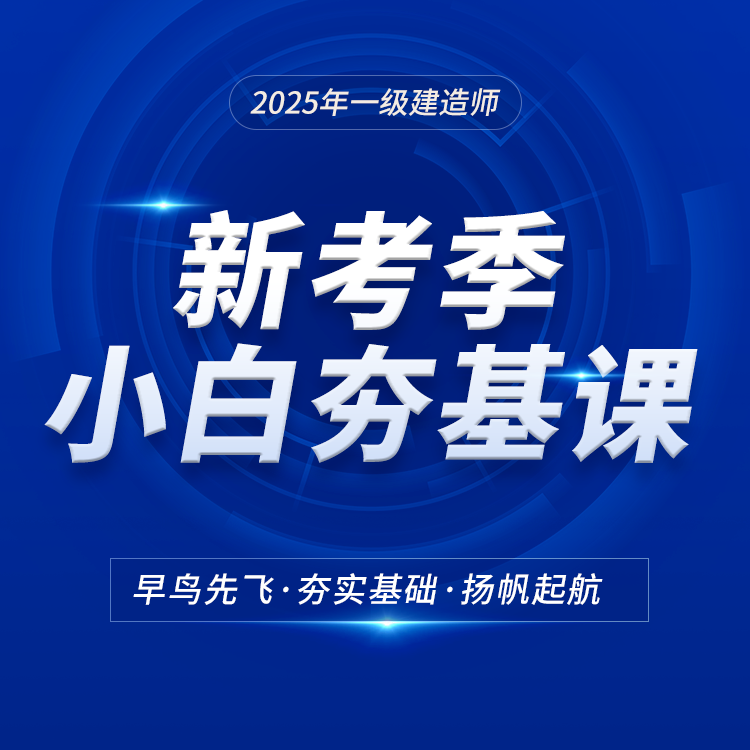【摘要】 四六级考试网权威发布2017年6月英语六级听力真题:讲座第二篇(网友版),更多2017年6月英语六级听力真题相关信息请访问大学英语四六级考试
四六级考试网权威发布2017年6月英语六级听力真题:讲座第二篇(网友版),更多2017年6月英语六级听力真题相关信息请访问大学英语四六级考试网。2017年6月英语六级听力真题:讲座第二篇(网友版)
讲座2
Sweden was the first European country to print and use paper money, but it may soon do away with physical currencies.
Banks can save a lot of money and avoid regulatory headaches by moving to a cash-free system, and they can also avoid bank robberies, theft, and dirty money.
Claer Barrett, the editor of Financial Times Money, says the Western world is headed toward a world without physical currency.
"Andy Holder — the chief eco|nomist at The Bank of England — suggested that the UK move towards a government-backed digital currency. But does a cashless society really make good economic sense?
"The fact that cash is being drawn out of society, is less a feature of our everyday lives, and the ease of electronic payments — is this actually making us spend more money without realizing it?"
Barrett wanted to find out if the absence of physical currency does indeed cause a person to spend more, so she decided to conduct an experiment a few months ago.
She decided that she was going to try to just use cash for two weeks to make all of her essential purchases and see what that would do to her spending. She found she did spend a lot less moneybecause it is incredibly hard to predict how much cash one is going to need — she was forever drawing money out of cash points. Months later, she was still finding cash stuffed in her trouser pockets and the pockets of her handbags.
During the experiment, Barrett took a train ride. On the way, there was an announcement that the restaurant car was not currently accepting credit cards. The train cars were filled with groans because many of the passengers were traveling without cash.
"It underlines just how much things have changed in the last generation," Barrett says. "My parents, when they were younger, used to budget by putting money into envelopes — they'd get paid and they'd immediately separate the cash into piles and put them in envelopes, so they knew what they had to spend week by week. It was a very effective way for them to keep track of their spending. Nowadays, we're all on credit cards, we're doing online purchases, and money is kind of becoming a less physical and more imaginary type of thing that we can't get our hands around."
Q19. What do we learn about Sweden?
Q20. What did Claer Barrett want to find out with her experiment?
Q21. What did Claer Barrett find on her train ride?
Q22. How did people of the last generation budget their spending?
6月四六级真题答案去哪找?6月17日锁定无忧考网四六级频道,超全四六级真题及答案考试结束后免费供应,想第一时间查答案的小朋友快来查看!!!!
更多六级真题答案请见>>>2017年6月英语六级真题及答案专题
